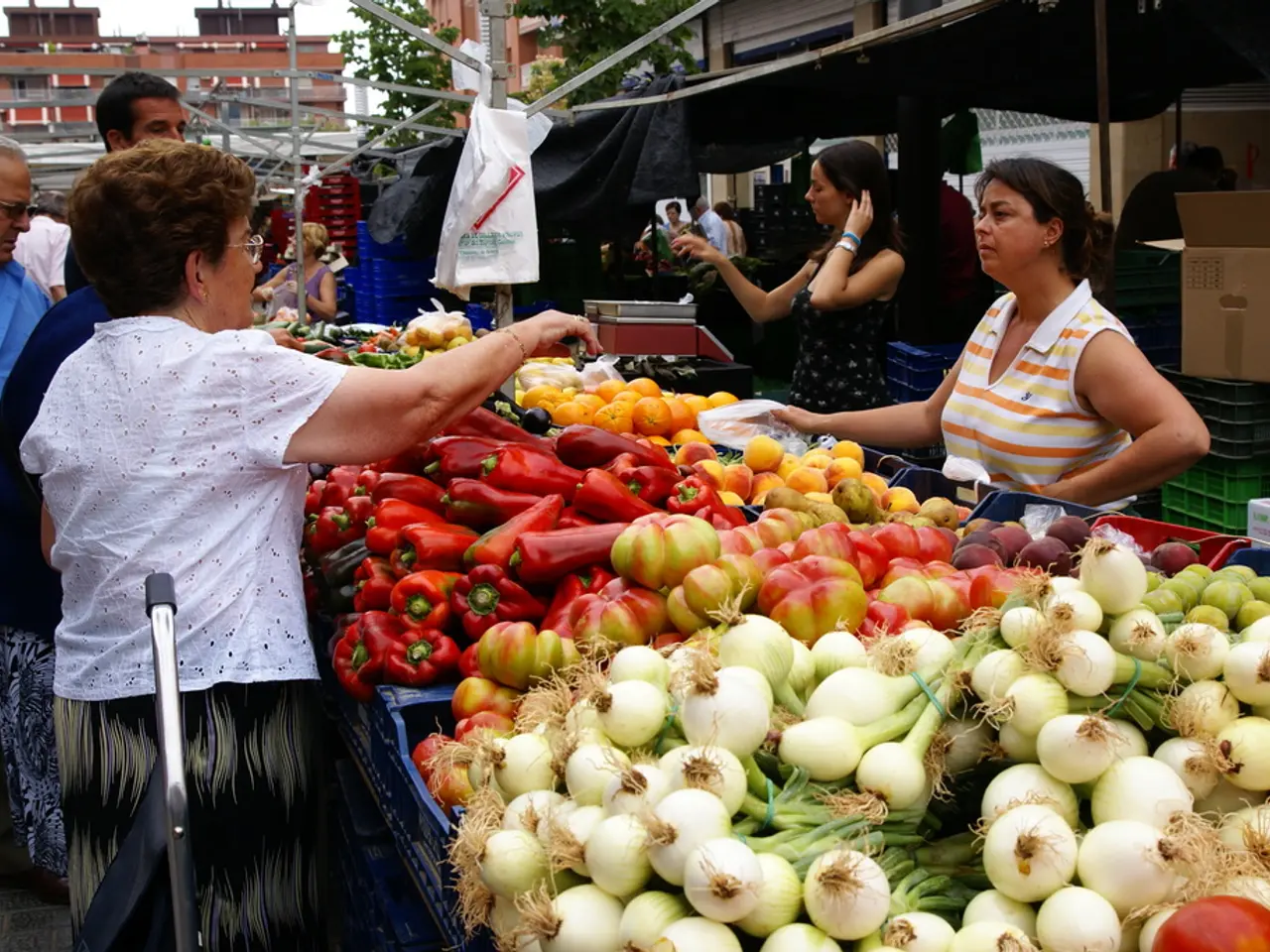Proposal for Worker Radiation Protection Directive Sought by Commission
In a disappointing turn of events, the global agreement to combat plastic pollution has collapsed without reaching a legally binding treaty during the latest UN Intergovernmental Negotiating Committee session (INC-5.2) held in Geneva.
The negotiations, which aimed to address the growing issue of plastic pollution and its impact on ecosystems and human health, faced significant challenges due to disagreements among the participating countries.
One of the key issues causing disagreement was the proposed plastic production cuts. There was no consensus on imposing binding limits or phasing out plastic production, which is critical since global production is projected to triple by 2060 if unchecked.
Another contentious point was the lifecycle approach vs. narrow focus. Some countries and major plastic-producing nations resisted comprehensive rules addressing the entire lifecycle of plastics (production, use, disposal), while others, like the EU, advocated for an all-encompassing treaty targeting production, consumption patterns, and waste management.
The influence of the fossil fuel and plastics industries was also a significant factor in the breakdown of negotiations. Industry lobbying, particularly from fossil fuel and big plastic producers, reportedly obstructed ambitious targets and enforceable rules.
Negotiators and experts express hope for resuming talks to establish a global, legally binding instrument to halt plastic pollution. However, currently, no final treaty exists.
The failure marks a significant setback given the urgency of the situation. Plastic pollution is pervasive in ecosystems globally, with predicted plastic waste reaching 1.7 billion metric tons by 2060, imposing severe environmental and economic costs estimated up to $281 trillion cumulatively.
Notably, Germany, the largest plastic producer in Europe, is one of the countries involved in the negotiations. Despite being a significant contributor to the problem, Germany has made efforts to address plastic waste domestically. Almost all plastic waste collected in Germany is utilized, either as a raw material for new products or for energy production. In 2023, around 694,000 tons of plastic waste were still exported from Germany, eight percent less than the year before.
The collapse of the negotiations has been met with disappointment from various quarters. The EU Environment Commissioner, Jessika Roswall, expressed her dissatisfaction with the result of the negotiations. Jochen Flasbarth, State Secretary in the Federal Ministry for the Environment, stated that he had hoped for more and that more was possible.
As the world grapples with the consequences of plastic pollution, the search for a solution continues. The hope is that future negotiations will yield more promising results and lead to a global agreement that effectively addresses this pressing issue.
[1] UNEP News Release: Global Agreement to Combat Plastic Pollution Fails at UN Negotiations [2] The Guardian: Plastic Industry Blocks UN Agreement to Cut Pollution [3] WWF Report: The Impact of Plastic Pollution on Ecosystems and Human Health [4] Greenpeace Statement on the Collapse of the Global Agreement to Combat Plastic Pollution [5] BBC News: UN Fails to Reach Global Agreement on Plastic Pollution
- The UN Intergovernmental Negotiating Committee session (INC-5.2) failed to reach a legally binding treaty on plastic pollution, as the global agreement collapsed due to disagreements among participating countries about plastic production cuts, the lifecycle approach vs. narrow focus, and the influence of the fossil fuel and plastics industries.
- The collapse of the global agreement to combat plastic pollution was met with disappointment from various quarters, including EU Environment Commissioner, Jessika Roswall, and Jochen Flasbarth, State Secretary in the Federal Ministry for the Environment, who both expressed dissatisfaction with the outcome and lamented missed opportunities.
- The search for a solution to plastic pollution continues, with news agencies such as UNEP, The Guardian, WWF, Greenpeace, and BBC News reporting on the failed negotiations, the impact of plastic pollution on ecosystems and human health, and advocating for a comprehensive, legally binding instrument to address this pressing issue in future policy and legislation.







